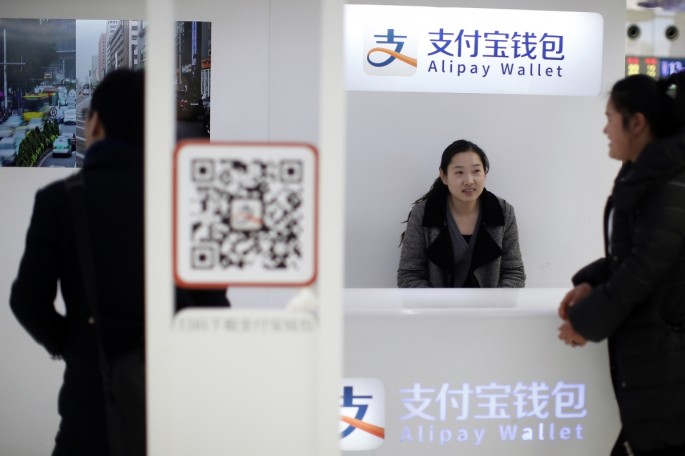A possible plan by Alipay, the third-party online payment service of Chinese e-commerce giant Alibaba, to go public in the United States is garnering widespread attention in China.
Concerns are raised because Alipay has 350 million registered users, making it the biggest third-party payment platform in China and a formidable player should it enter the American market, according to a report from Sohu, a Beijing-based online services company.
Alipay is a single product, so a separate listing is unconventional, the report said, noting that one viable reason could be for the company to seize a big share of the U.S. market and generate more profits.
Although it is the leading online payment service in China, Alipay is seeking new markets to tap into in order to cement its status as the industry leader, and the United States being the center of the world economy has been the company's new target.
Alipay's trump card in entering the American market after it is listed in the U.S. will be its dominance of the Chinese market and its ability to sell American-made goods in the country.
The company hopes that U.S. vendors will be drawn to a platform with 350 million registered users who can generate high sales and will do everything they can to launch services supporting Alipay's system.
That support from U.S. businesses and brand name recognition will make American consumers interested in Alipay, enabling it to gain traction in the U.S. market, the report said.
Although Alipay has almost three times as many users as PayPal in the United States, few Americans are aware of the service.
Alibaba Group generated $9.3 billion in sales on the Double 11 Festival last year, more than anywhere else in the world, but the feat was not widely recognized outside of China.
In other words, if it cannot achieve success in the United States, it will continue to be dismissed as a third-party payment platform in a small corner of the world, Sohu said.
But if Alipay becomes successful in the U.S. market, it will be catapulted onto the international stage, it added.
Although Alipay has the initiative once it is listed in the U.S., it is bound to face heavy competition from rivals such as PayPal, Apple Pay, and Google Pay, making a quick splash into the American market its only path to success.



























